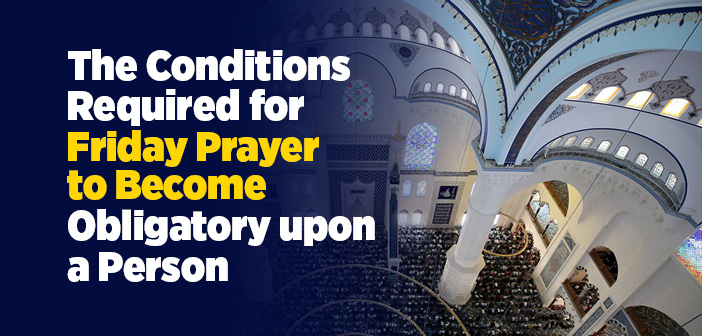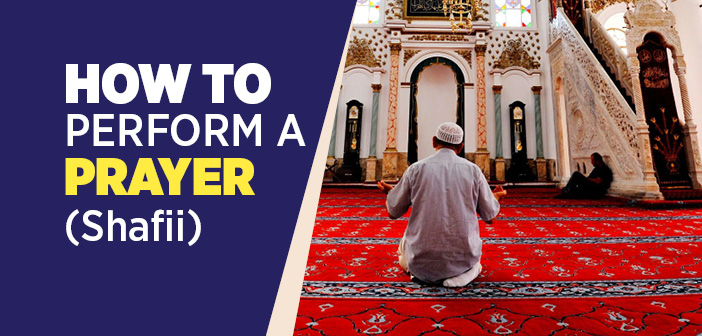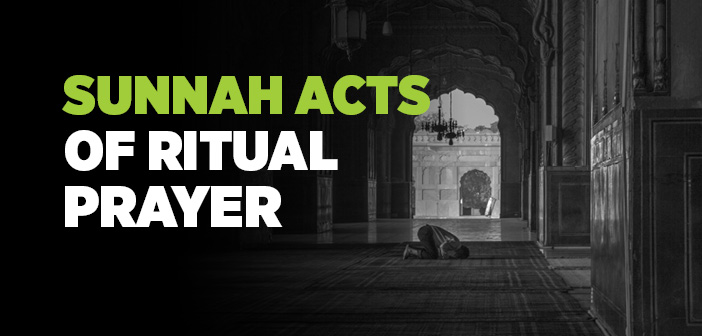What are the conditions for friday prayer to be obligatory?
1- Being a Muslim; in other words, the Friday prayer is not obligatory upon non-Muslims.
2- Being sane; in other words, the Friday prayer is not obligatory upon the insane.
3- Having reached the age of puberty; in other words Friday Prayer is not obligatory upon children.
4- Being male; in other words, the Friday prayer is not obligatory upon women. However, if they perform the Friday prayer, it is valid and they do not need to perform noon prayer.
Men who work in emergency jobs, i.e. emergency departments of certain institutions such as hospitals, fire departments, etc. and have shifts at the time of Friday prayer; and those who keep watch against enemy or terrorist attacks are allowed to omit their Friday prayer due to their professions and to perform the Noon prayer later.
5- Being free; in other words the Friday prayer is not obligatory upon slaves.
6- Being residents; in other words, the Friday prayer is not obligatory upon travelers and nomads. One who sets out on a journey before the dawn on Friday, even if it is a short journey, and if he cannot hear the call for prayer in the place he stays under normal weather conditions, the Friday prayer does not become obligatory on him. However, if he stays in a place close enough to hear the call for prayer announced from the mosque where the Friday prayer is being performed, then the Friday prayer becomes obligatory upon him.
7- Being healthy; in other words, the Friday prayer is not obligatory upon the ill and the paralyzed who have difficulty to walk or ride to the place where the Friday prayer is being performed. Moreover, it is not obligatory upon the ill whose illness will get worse if they go to Friday prayer, and the blind and the old who have nobody to take them to the mosque. As well, the person is not responsible to perform the Friday prayer, if he cannot leave the home and go to the mosque due to heavy weather conditions like heavy snow or rain.
Source: Fiqh1 (According To The Shafi’i School Of Islamic Law), Erkam Publications





